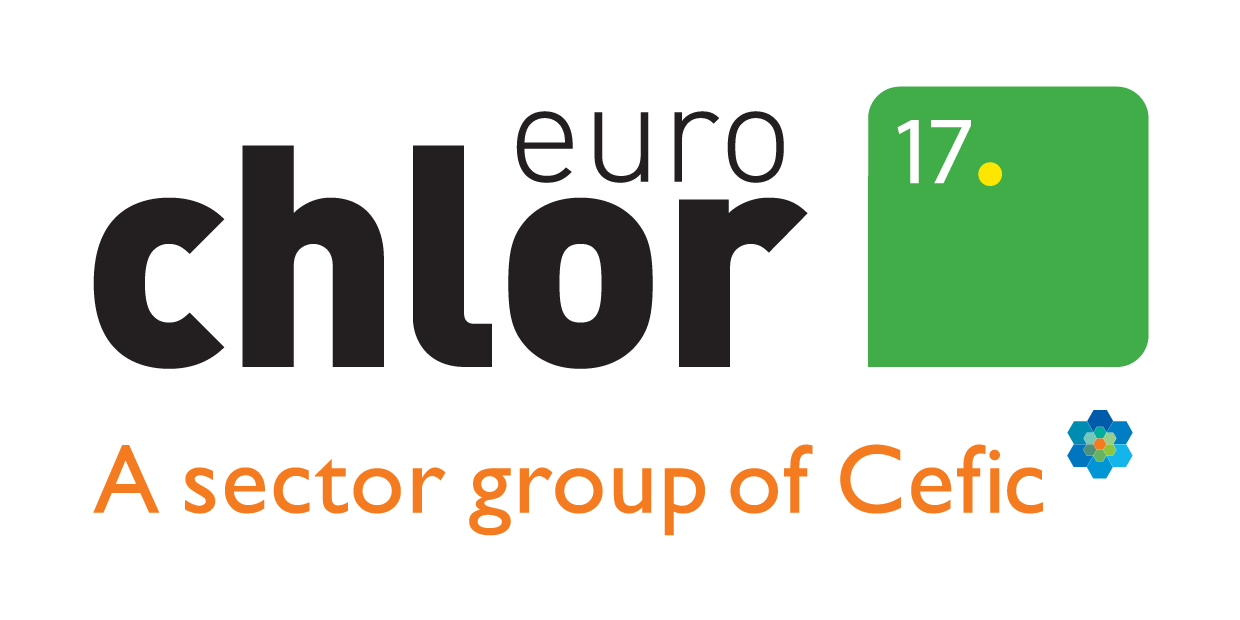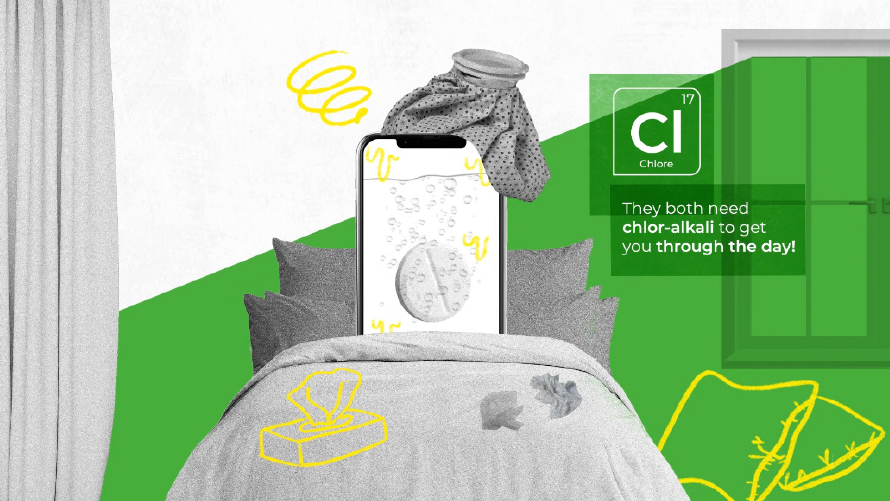What do mobile phones and pain relievers have in common…?
Worked too hard or need to recover after a night out?
Sodium-based chemicals from caustic soda (sodium hydroxide) and hydrogen chloride from chlorine or chlorination processes are key to producing pain medications such as aspirin and paracetamol.
Sodium hydroxide is especially important in making aspirin as it adjusts the acidity of the chemical that gives this medicine its painkilling properties.
Chlor-alkali chemistry goes even further as it disinfects drinking water and makes PVC for sterile blood bags.
More detailed information here >
And related to this:
Find out more about how chlor-alkali keeps us healthy in many more ways >
Meet Marie, a pharmacist who ensure that people receive the right medication >
Need to call or send a message to your friends and family?
Many gadgets that we use each day, including smart phones, rely on efficient computing chips to keep us all connected. These chips are made from high quality silicon which is purified using hydrochloric acid, an important chlor-alkali chemical.
Batteries also rely on alkali chemistry. Alkaline batteries are a contained chemical reaction with potassium hydroxide acting as the electrolyte that helps transfer the electrons which power your gadget.
…not to mention cases and casings
Polyurethanes and polycarbonates are also used in protective cases, and polycarbonate now features in 5G small cell casings.
More detailed information here >
And related to this:
Find out more about chlor-alkali in cutting edge technology >
Meet Tuan, our IT specialist >
Watch our video on how chlorine chemistry helps us to communicate >
Chlor-alkali is vital for many products in our daily life.
- Watch all our other Benefits videos from our Benefits homepage…
- Check out our Chlorine Things videos (shown to the left) to learn more about the chlor-alkali products you use every day…
- Learn where chlorine, caustic soda (sodium hydroxide), caustic potash (potassium hydroxide) and hydrogen are used in our ‘trees’…
- Meet Mr C, to see how life has improved since the Stone Age thanks, in part, to chlor-alkali chemistry…
- And discover the 17 successes, Europeans whose work is made safer, easier or more sustainable thanks to chlor-alkali!
- Contact eurochlor@cefic.be for more information

